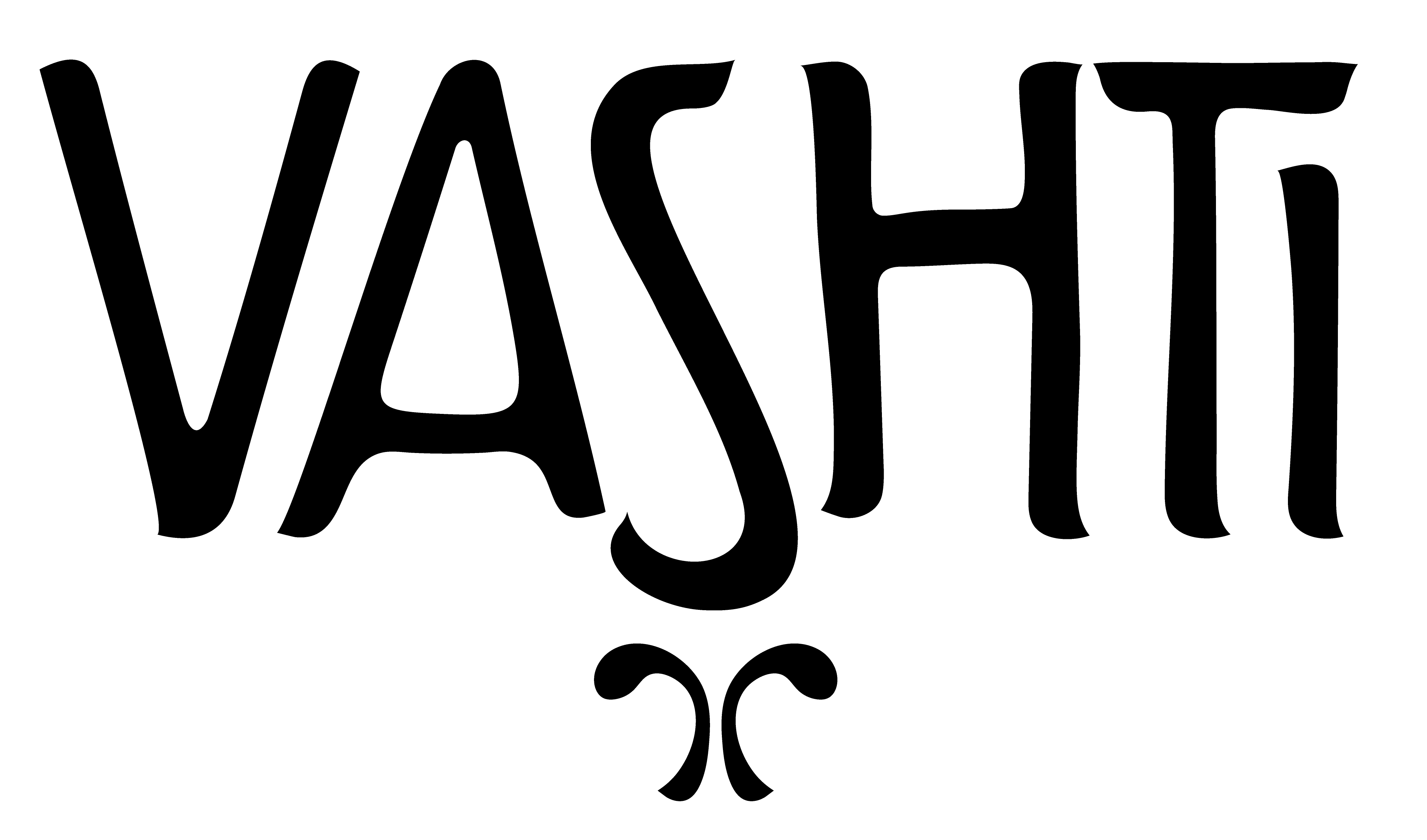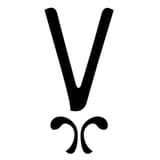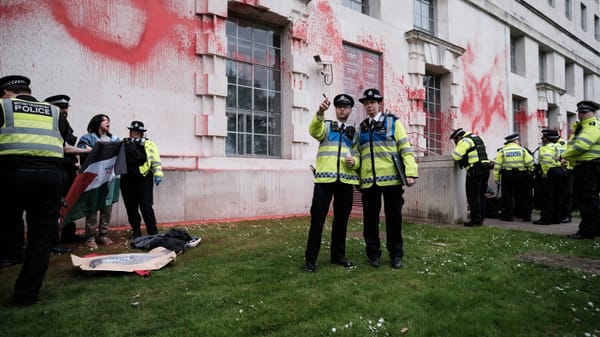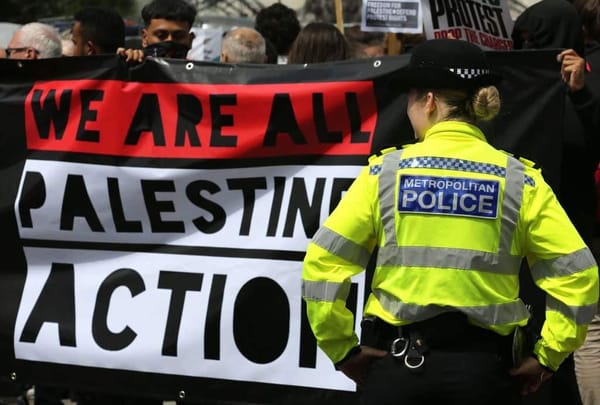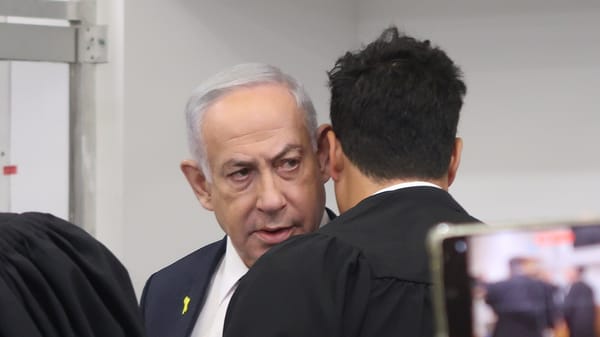This Passover is different from all others
Three Jewish women reflect on Pesach under lockdown.
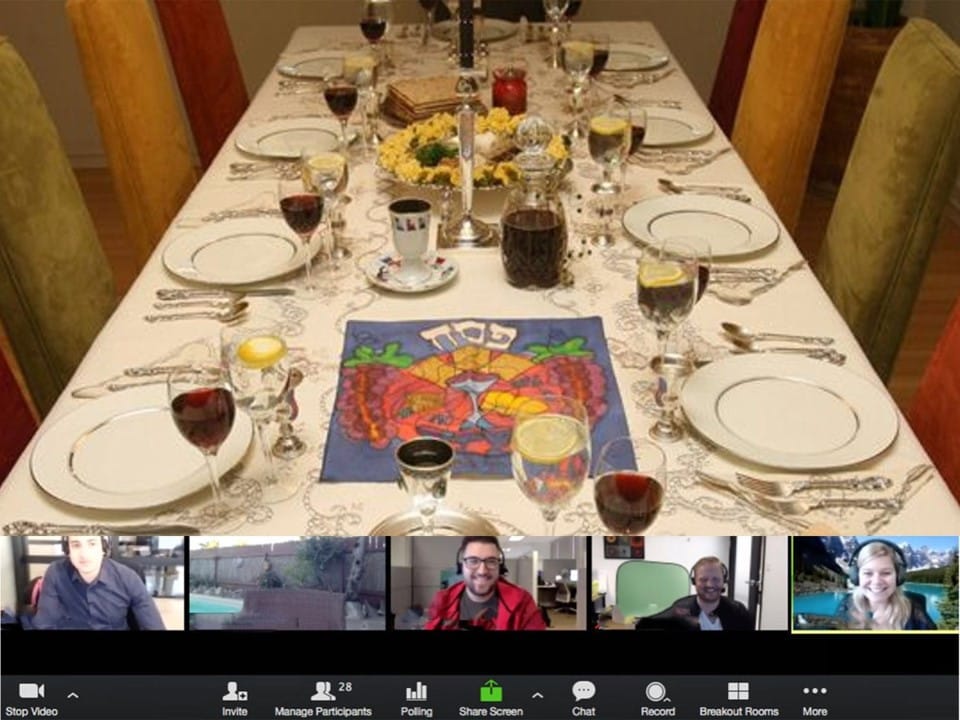
“Let all who are hungry come and eat”
Hannah Gaventa

This Passover is different from all other Passovers. In previous years, we may have sat, lounging on pillows, expressing gratitude for our freedom, struggling to remember how we could ever have been slaves in Egypt. This year, bondage isn’t as unimaginable.
The Seder begins with an instruction: “Let all who are hungry come and eat” (כל דכפין ייתי ויכל). Interestingly, this exhortation is not simply to provide food for the vulnerable. It isn’t “Let all who are hungry eat”, it’s “Let all who are hungry come and eat”. In other words, we’re inviting others to partake in both our meal and our company. At a time of global crisis, particularly when those crises intersect with significant events (births, deaths, festivals), what we want more than anything is the company of loved ones. The cruel thing about coronavirus is that we cannot, at least physically, have it.
Yet what has sustained many of us through this difficult period has been our ability to connect with friends and family virtually. By virtue of its fragmented history, our community has proven particularly adaptive to our new reality; many of us will tonight discover the strange delights of a Zoom seder.
At a time of social distancing, being offline is a form of hunger.
For as we create digital spaces in which to congregate and comfort one another through coronavirus, the digital divide is forcing others apart. 95% of the UK population has access to the internet; only 51% of the global population does.
In Bangladesh, just 15% of its 160 million citizens have access to the internet. In a country where a quarter of people live in poverty, where, regular flooding devastates lives, where a million garment workers have lost their jobs due to coronavirus, this lack of connectivity has obvious practical impacts – on healthcare, schooling, work – yet also clear psychological ones. Being unable to activate social networks at a time like this must be deeply painful.
“Let all who are hungry come and eat” encourages us to show chessed (love, kindness) to society’s most vulnerable. During a pandemic, however, this directive begs the question: how can we begin to think of the suffering of others, when we ourselves are suffering? Yet whatever challenges we feel we are facing, we must keep in our minds that we retain the privilege of togetherness.
This Pesach, “let all those who are hungry come and eat” is a call to share these resources with others; to do what we can to network our global community, remembering that it is not just our bodies that need feeding, but our souls.
Hannah Gaventa has worked in international development and humanitarian aid across Africa, Asia and the Caribbean for the past 10 years, focusing on post-disaster resilience and the recovery of small island states.
The Torah of tenderness as a salve for plague
Sara Moon

Like many of us, I cannot help but draw parallels between the stories of Pesach and of this pandemic. I’m thinking not just of the plagues, but the mutual aid.
I don’t want to distort Exodus; the passage from bondage to freedom was undoubtedly brutal. Yet, threaded throughout the story – from Miriam watching Moses bob along the Nile to the midwives Shifra and Puah’s refusal to kill Hebrew babies – is a deep tenderness without which the Israelites would not have survived. Our salvation from Egypt came through the exercise not of war, but of care.
The tension is contained in how Moses and Miriam seek to quench the Israelites’ thirst in the desert: he theatrically, by striking a rock; she humbly, by providing a well. This same tension inheres in the present pandemic, as the prime minister loudly enlists us in a battle the virus, while key workers quietly save lives.
The Kohenet Institute, a community of Jewish women+ spiritual leaders of which I am a part, sides with Miriam and her key workers. “Divinity is not in the ra’ash [the explosive noise],” says the Tikkunei haZohar, “but in the eres [the sick bed] that is transformed” – a kabbalistic sentiment foundational to the Kohenet community. I have seen this feeling realised through transformative rituals, marking gender transitions, soulmate-seeking and trauma-tending; I’ve also seen it channelled during the current crisis, whether by weaving liturgy for lockdown, holding virtual ceremonies for those who have lost loved ones, or reviving Medieval amuletic traditions for protection during plague.
What being part of the Kohenet community has taught me is that it is not the bluster and bombast of politicians that will sustain us through this challenging time, but rather undramatic interventions; the ordinary efforts of nurses, social workers, shop workers and farmers; the bedrock of care upon which our society is built.
From the outset, the Israelite’s escape from Egypt is framed not only as a battle, but as a birth. The Hebrew root of Mitzrayim is maytzar, literally meaning “the narrow place”. Many scholars have imagined Egypt as a birth canal through which the Israelites pass through the wilderness into the world, with both Moses and Miriam their midwives. We too are at the threshold of a new world, and must decide what kind of world we would like it to be: one in which raash rules, or eres.
Sara Moon is an emergent-Kohenet, Torah-lover and wannabe-farmer currently on lockdown in Sheffield.
God of war, God of the oppressed
Rabbi Leah Jordan

The Mishnah says that if you’re unable to physically rid your house of chametz before Pesach, you must l’vatel b’libo, “annul it in your heart”. This suggests that chametz is more than what we commonly understand it to be – leaven – but rather a kind of spiritual block.
If chametz symbolises what stands between us and our collective liberation, what a time to annul it. Rabbi Kook, the first Chief Rabbi of British Mandate Palestine and one of the great teachers of the twentieth century, says that Pesach helps us determine what chametz is, because this time of year itself throws the world into stark relief. Like lightning striking a dark plain, Pesach dramatically illuminates what is liberatory and what enslaving.
Through this lens, coronavirus is just such a moment, revealing to us the inequities of our society. I’ve spent the last two years in Israel-Palestine. As the pandemic hit, I had the privilege of choosing where I wanted to “shelter in place”, and returned home to London. Meanwhile, workers in the Occupied West Bank who commute over the Green Line had to decide whether to forgo their families or their salaries. This is the chametz coronavirus exposes.
Crucially, Pesach is not just a time for contemplating this injustice, but doing something about it. The midrash in Mekhilta depicts God at the splitting of the Red Sea as a warrior, clothed in chainmail, sword and spear and shield in Their hands. This belligerent vision of fighting oppression may offend our progressive sensibilities. But remember as my mentor Rabbi Danny Rich teaches, this is not first and foremost the God of war, but the God of the oppressed. God is warlike, because our collective liberation involves struggle, a struggle we should not fear.
In that same midrash, God borrows the words of the prophet Hosea to remind us rather cryptically that They are “a god, not a human being.” What this perhaps means is that we human beings must make God manifest in the world; must make God’s figurative “strong hand” and “outstretched arm” literal, must convert Their “signs” into actions. As those West Bank day labourers return home through military checkpoints, the Israeli state has made no provision for ensuring they are free of coronavirus and safe to be with their families. Palestinian grassroots organisations have filled this vacuum, setting up their own quarantine booths and medical check-up desks – making manifest the God of the oppressed.
Just as God entrusts us to clear the chametz from our homes, then, so too do They leave it to us to clear the chametz from our hearts, to build a new, freer world after this flood. This is the work God demands we do – that is, the work of being human. ▼
Leah Jordan is the incoming rabbi of Kehillah North London and a founding member of Na’amod. She hails from “deepest, darkest” midwestern America, and lives in Kentish Town.
